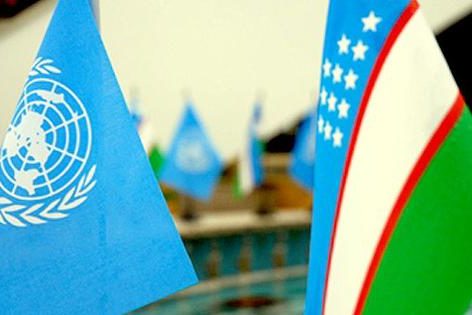International human rights law and standards, including on economic, social and cultural rights, should become a governing framework for the ongoing programme of reforms in Uzbekistan, said the ICJ in its submission to the UN Committee on Economic, Social and Cultural Rights (CESCR). Reforms should aim at ensuring compliance with international law obligations, including on issues of equality and non-discrimination, housing, healthcare, labour rights, access to justice and remedies in cases of violations of ESC rights.
The ICJ has made a submission to the UN CESCR in view of the examination of Uzbekistan’s third periodic report under articles 16 and 17 of the International Covenant on Economic, Social and Cultural Rights.
The submission addresses the ICJ’s concerns related to Uzbekistan’s obligations to respect, protect and fulfil economic, social and cultural rights (‘ESC rights’), including: access to justice in relation to ESC rights (Article 2.1); the State’s obligation to ensure non-discrimination in access to ESC (Article 2.2); work-related rights (Articles 6 and 7); the right to an adequate standard of living (Article 11); and the right to the enjoyment of the highest attainable standard of physical and mental health (Article 12).
The submission is based on the ICJ’s report “Accessing Economic and Social Rights in Uzbekistan: An Analysis of Selected Laws and Practices”, published in March 2021. The report considers aspects of Uzbekistan’s implementation of ESC rights through laws and policies, as well as access to justice for those who allege that their ESC rights have been violated.





